
One of America’s Funniest, Gayest Writers Is Finally Becoming Famous
This is wonderful!
 https://newyorker.com/culture/perso…
https://newyorker.com/culture/perso…
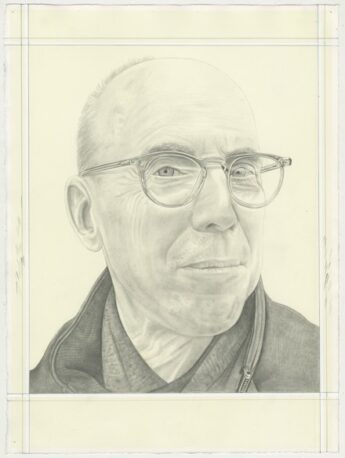
Spencer Finch with Ann C. Collins
For more than thirty years, Finch has chased the evanescence of experience, deconstructing the physics of perception and rebuilding it into work that rebalances the way we see while underscoring the sheer delight of being.
 https://brooklynrail.org/2024/03/ar…
https://brooklynrail.org/2024/03/ar…
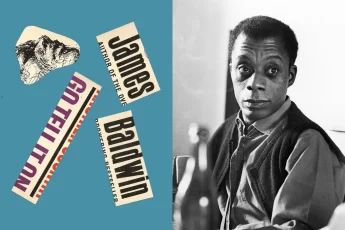
The Essential James Baldwin
He wrote with the kind of clarity that was as comforting as it was chastising. Here’s where to start.
 https://nytimes.com/article/james-b…
https://nytimes.com/article/james-b…
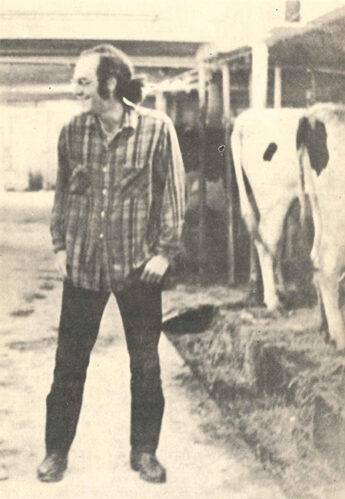
Earlier Selves, Strangers: A Conversation with Robert Glück
Just finished Robert Gluck's recent novel, "About Ed." I found this interview from six years ago and wanted to share it. I remember well the San Francisco Gluck talks about.
 https://openspace.sfmoma.org/2018/0…
https://openspace.sfmoma.org/2018/0…
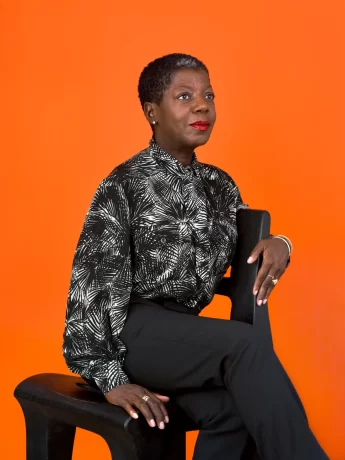
The art world before and after Thelma Golden
When Golden was a young curator in the nineties, her shows, centering Black artists, were unprecedented. Today, those artists are the stars of the art market.
 https://newyorker.com/magazine/2024…
https://newyorker.com/magazine/2024…

Jewish Identity with and Without Zionism
New books provide sober histories of the conflicts among Jews over Israel and offer alternate ways forward.
 https://newyorker.com/books/under-r…
https://newyorker.com/books/under-r…
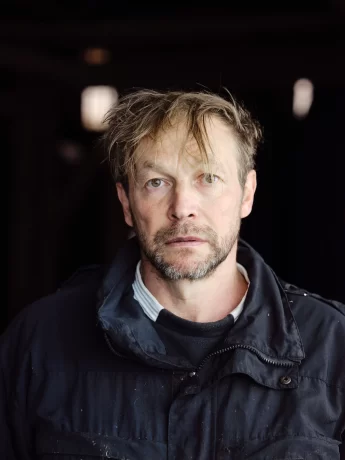
The Artist Holding Valuable Art Hostage to Protect Julian Assange
Using a thirty-two-ton Swiss bank safe, Andrei Molodkin says he will destroy works by Picasso, Rembrandt, and Warhol if the WikiLeaks founder dies in prison.
 https://newyorker.com/culture/perso…
https://newyorker.com/culture/perso…
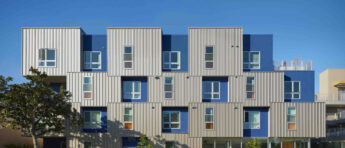
Awesome and Affordable: Making the Case for Great Housing
When Brenda Mendoza told an NPR reporter about her commute to work, she became the face of the housing crisis in Los Angeles today.
 https://commonedge.org/awesome-and-…
https://commonedge.org/awesome-and-…

The Road to 1948
How the decisions that led to the founding of Israel left the region in a state of eternal conflict.
 https://nytimes.com/interactive/202…
https://nytimes.com/interactive/202…

How Might We Talk About the Shoreline of San Francisco?
Just at the moment when urban waterfronts across North America and Europe are being revitalized as public amenities, they’re coming under the threat of sea level rise.
 https://commonedge.org/how-might-we…
https://commonedge.org/how-might-we…

No More Corn in Egypt
The imminent destruction of a postmodern gem should inspire reflection on those dwindling resources: time and care.
 https://nyra.nyc/articles/no-more-c…
https://nyra.nyc/articles/no-more-c…

Artist Agnes Martin on inspiration, interruptions, cultivating a creative atmosphere, and the only type of person you should allow into your studio
I have sometimes, in my mind, put myself ahead of my work and have suffered in consequence.
 https://themarginalian.org/2016/02/…
https://themarginalian.org/2016/02/…

History of the Present: Dhaka
Dhaka is a paradigmatic South Asian megalopolis. It is also a model for what a city can be, a place where urban logics are tested, where optimism and pessimism, adaptation and dysfunction, affluence and poverty flourish without clear bounds.
 https://placesjournal.org/article/h…
https://placesjournal.org/article/h…

The Queerness of It All: An Interview with Jeffrey Kripal
DEBATES ABOUT RELIGION can get pretty tiresome. Wherever you stand, it often seems like there’s nothing new to say about religion. But then you’ve probably never encountered Jeffrey Kripal.
 https://lareviewofbooks.org/article…
https://lareviewofbooks.org/article…
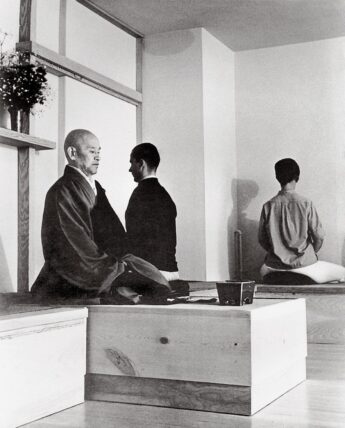
Shunryu Suzuki explains how to practice zazen
Zen Mind, Beginner’s Mind is the seminal work by San Francisco Zen Center founder Shunryu Suzuki Roshi. In this chapter alone he explains: how to practice zazen, the difference between small and big mind, and the true nature of thoughts.
 https://lionsroar.com/mind-waves-se…
https://lionsroar.com/mind-waves-se…

Robert Glück’s Gloriously Unreliable Memorial to a Lost Love
“About Ed” is a literary monument that harnesses memoir’s emotional honesty while indulging fiction’s stylistic latitude.
 https://newyorker.com/books/page-tu…
https://newyorker.com/books/page-tu…
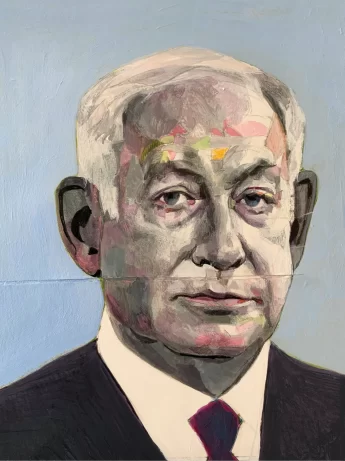
The price of Netanyahu’s ambition
Amid war with Hamas, a hostage crisis, the devastation of Gaza, and Israel’s splintering identity, the Prime Minister seems unable to distinguish between his own interests and his country’s.
 https://newyorker.com/magazine/2024…
https://newyorker.com/magazine/2024…

The Art of Solitude
The challenges and rewards of being alone.
 https://tricycle.org/magazine/solit…
https://tricycle.org/magazine/solit…
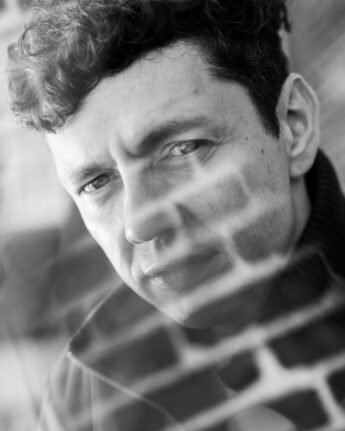
Christian Friedel tells Josh O’Connor about making The Zone of Interest
At the Telluride Film Festival late last summer, Josh O’Connor finally met the actor who delivered what he considers the performance of the year.
 https://interviewmagazine.com/film/…
https://interviewmagazine.com/film/…

How Camille Pissarro went from mediocrity to magnificence
He began as more of a tutor than a talent. But in his final decade he lent a keen eye-in-the-sky view to the Paris streets, rendering miracles of kinetic characterization.
 https://newyorker.com/magazine/2024…
https://newyorker.com/magazine/2024…
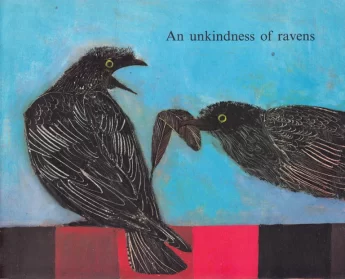
A Parliament of Owls and a Murder of Crows
How groups of birds got their names, with wondrous vintage illustrations by Brian Wildsmith.
 https://themarginalian.org/2024/01/…
https://themarginalian.org/2024/01/…
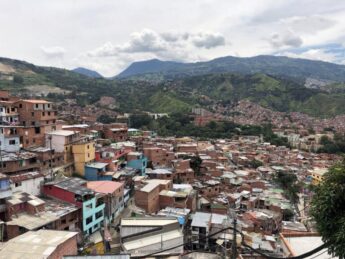
Housing Agency
Opposed to top-down solutions, John F. C. Turner believed that architects and planners of housing should empower the people who will live in it. His ideas remain startlingly radical today.
 https://placesjournal.org/article/h…
https://placesjournal.org/article/h…
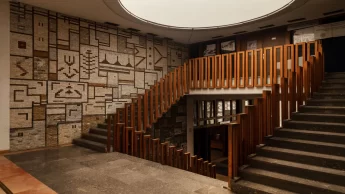
Literary Circles
Designing the National Library of Kosovo in Pristina in the early 1970s, Andrija Mutnjaković deployed the dome as one of his fundamental forms in order to mark the Ottoman empire’s impact on the region.
 https://worldofinteriors.com/story/…
https://worldofinteriors.com/story/…
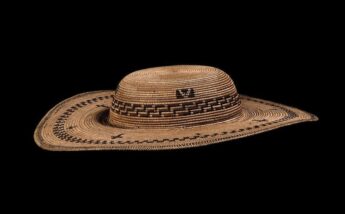
Coiled Baskets, Spiraled Histories
It is June of 2023. I stand in a storage facility of the British Museum in London, my outstretched palm resting inside the coiled top of a wide-brimmed Chumash hat.
 https://brooklynrail.org/2023/12/ar…
https://brooklynrail.org/2023/12/ar…

Fran Lebowitz, A Humorist at Work
Fran Lebowitz’s trademark is the sneer; she disapproves of virtually everything except sleep, cigarette smoking, and good furniture.
 https://theparisreview.org/intervie…
https://theparisreview.org/intervie…
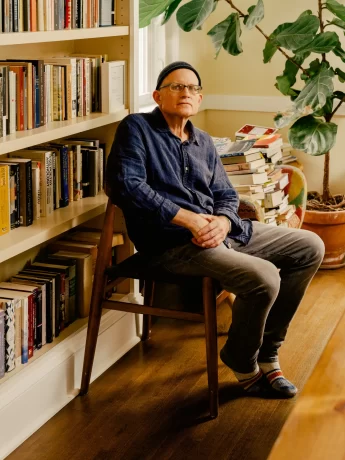
How the Poet Christian Wiman Keeps His Faith
Nearly two decades ago, Wiman was diagnosed with a rare cancer and told he probably had about five years to live. In a new book, he makes the case against despair.
 https://newyorker.com/magazine/2023…
https://newyorker.com/magazine/2023…

 https://newyorker.com/culture/perso…
https://newyorker.com/culture/perso…

 https://brooklynrail.org/2024/03/ar…
https://brooklynrail.org/2024/03/ar…

 https://nytimes.com/article/james-b…
https://nytimes.com/article/james-b…

 https://openspace.sfmoma.org/2018/0…
https://openspace.sfmoma.org/2018/0…

 https://newyorker.com/magazine/2024…
https://newyorker.com/magazine/2024…

 https://newyorker.com/books/under-r…
https://newyorker.com/books/under-r…

 https://newyorker.com/culture/perso…
https://newyorker.com/culture/perso…

 https://commonedge.org/awesome-and-…
https://commonedge.org/awesome-and-…

 https://nytimes.com/interactive/202…
https://nytimes.com/interactive/202…

 https://commonedge.org/how-might-we…
https://commonedge.org/how-might-we…

 https://nyra.nyc/articles/no-more-c…
https://nyra.nyc/articles/no-more-c…

 https://themarginalian.org/2016/02/…
https://themarginalian.org/2016/02/…

 https://placesjournal.org/article/h…
https://placesjournal.org/article/h…

 https://lareviewofbooks.org/article…
https://lareviewofbooks.org/article…

 https://lionsroar.com/mind-waves-se…
https://lionsroar.com/mind-waves-se…

 https://newyorker.com/books/page-tu…
https://newyorker.com/books/page-tu…

 https://newyorker.com/magazine/2024…
https://newyorker.com/magazine/2024…

 https://interviewmagazine.com/film/…
https://interviewmagazine.com/film/…

 https://newyorker.com/magazine/2024…
https://newyorker.com/magazine/2024…

 https://themarginalian.org/2024/01/…
https://themarginalian.org/2024/01/…

 https://placesjournal.org/article/h…
https://placesjournal.org/article/h…

 https://worldofinteriors.com/story/…
https://worldofinteriors.com/story/…

 https://brooklynrail.org/2023/12/ar…
https://brooklynrail.org/2023/12/ar…

 https://theparisreview.org/intervie…
https://theparisreview.org/intervie…

 https://newyorker.com/magazine/2023…
https://newyorker.com/magazine/2023…
